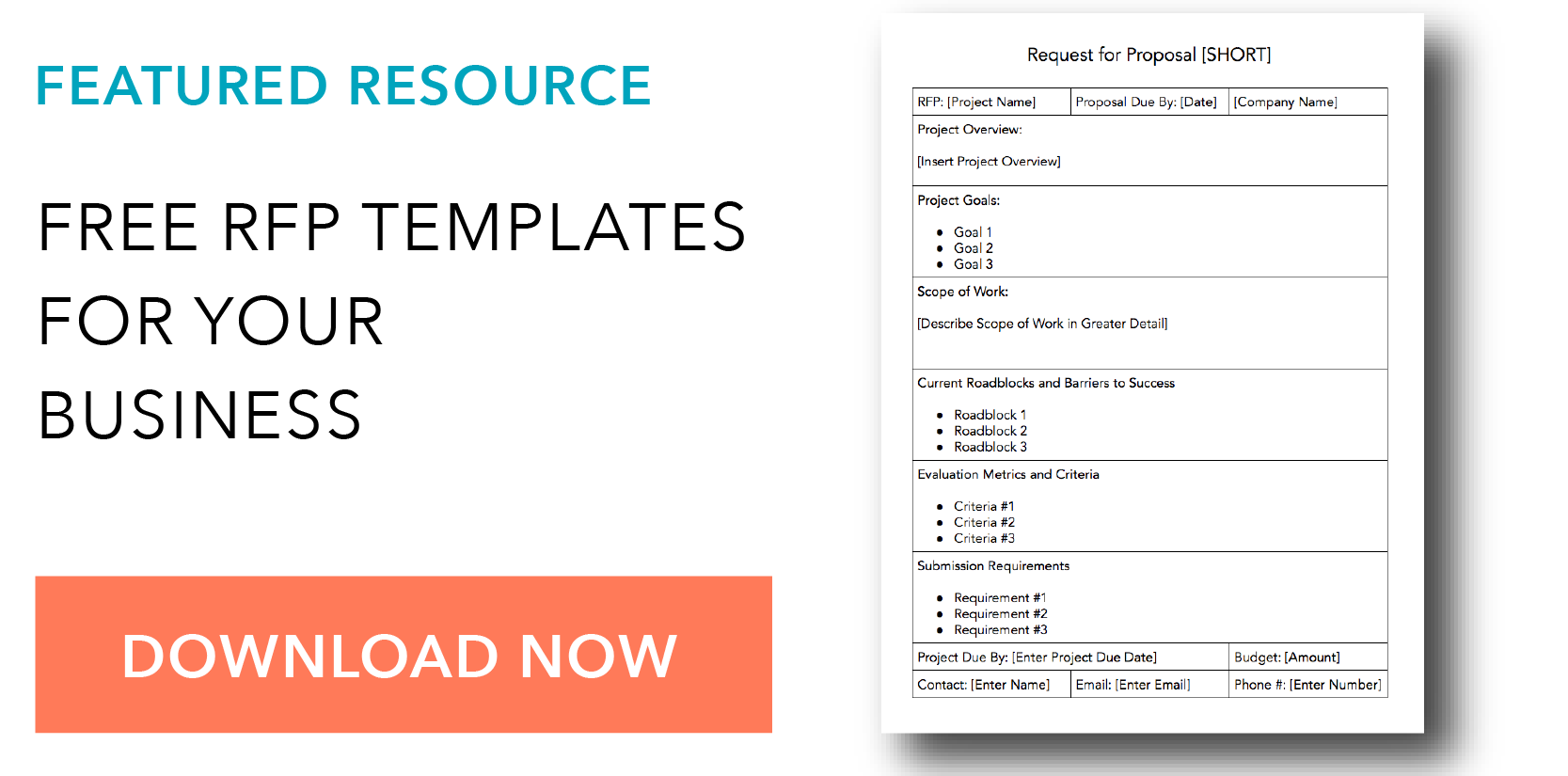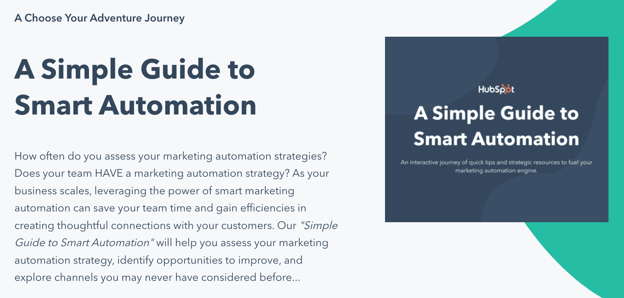Turning prospects into loyal customers is a multi-step process requiring the combined efforts of cross-functional teams. Thankfully, there are different types of technologies available to make the task more organized and easy — like customer relationship management software (CRM) and marketing automation.
But it's not just about how much easier it makes your job. When the two software work together, it can become a more streamlined process that can potentially convert more prospects into qualified leads quicker and more effectively.
And more businesses are seeing the value in integrating the two. In fact, 52% of marketers prioritize implementing marketing automation platforms that can integrate into other solutions to enhance their marketing efforts.
In this post, we'll review what marketing automation and CRM software do, and why they need each other to better help your business.
CRM and Marketing Automation
Before we dive into why marketing automation and CRM should be integrated, we need to understand their specific functions.
What is marketing automation software?
Marketing automation software helps marketers promote and streamline content without manual application. This includes automating the distribution of content and reporting analytics derived from how prospects interact with it. It pulls data from when leads visit your website, open an email, fill out a form, or read a blog, and makes the data easily accessible for the business to build its strategy.
Ultimately, the goal is to streamline the process of taking a lead, nurturing them, and moving them to a sales-qualified lead. Essentially, it's all about lead generation and personalization.
Some of the best marketing automation software includeHubSpot,MailChimp, andMarketo.
What is customer relationship management software?
On the other hand, customer relationship management (CRM) is software for sales and service teams to manage their pipeline and lead qualification processes. It historically tracks customer data, including dates and notes of phone conversations, past purchase records, and email interactions as they proceed through the buyer's journey.
Essentially, with this software, your salesperson can see the full picture of who a prospect is, their history with your company, and their journey to becoming a customer.
Best CRM for Marketing Automation
HubSpot is one of the best choices for CRM marketing automation tools because theMarketing Hub includes the foundational CRM functionalities, so you have both software in one.
And for seamless CRM integration, users can manage both their sales and marketing strategies in the HubSpotSales Hub together for more sophisticated features in marketing automation and CRM.
If you're interested in using HubSpot for your marketing automation needs, but need some guidance on assessing your marketing automation strategy, use our Simple Guide to Smart Automation.
Now that we've discussed what each software does and how they can help your team, we can address the big question, "Why do these need to work together?"
CRM and Marketing Automation: Why You Need Both
When marketing automation and CRM software work together, they provide a seamless journey for your customers as they go from visitor to customer. Integrating the two software will give your sales reps the full picture of a prospect's interaction with your company. Your sales rep will know the marketing history of their prospects.
Let's go through a tangible example of how the two software can work together.
Example of Marketing Automation and CRM Integration
To start, let's say a marketer attracts a lead through a blog post, much like this one.
Perhaps they found the content insightful and decided to download a lead magnet and fill out a form. Once that happens, the marketing team starts nurturing the lead through an email marketing campaign.
These actions evolve this reader into a marketing-qualified lead (MQL). After a while of engaging with more content, when the lead requests a demo of the product, they then turn into a sales-qualified lead (SQL). Once this happens, the sales rep who's responsible for the demo goes to the marketing automation and CRM software to gather information on their interactions with the company.
Sales can then look through what offers the prospect has downloaded, what blogs they've read, who they are, and what company they work for and use it in their strategy for the demo call. So now they're prepared to answer the right questions and personalize the sales call to better connect with the qualified lead and nurture them into a sale.
So we've taken the prospect all the way through the funnel, and now they've made the purchase. Keep reading to see how CRM and marketing automation contributes to that success.
Benefits of Integrating Your CRM with Marketing Automation
Building off of the progression of the example, the integration of CRM and marketing automation software has the ability to:
Offer Better Visibility to Marketing and Sales Teams
This allows both teams to know where they are in the process and what their next actions should be in the future.
Shorten the Sales Process
Without marketing automation used in conjunction with CRM, it potentially takes a much longer time to source leads. Both software makes the process of taking prospects through the sales funnel with
Provide Consistent Messaging
The marketing and sales professionals that affect the customer's experience can be aligned when engaging in client-facing communication. It's not as much of a challenge to provide consistent messaging when you have all the contextual information available in cross-functional software.
Unify Your Data Management
With the software already working together, salespersons don't have to go out of their way to request customer profile information and instead were readily able to prepare to sell based on unified data management.
Enhance Pipeline Management
Both teams in the process have a process that involves observing and tracking the step-by-step progression of a lead.
Minimize Human Error
If you might have an outdated system or process in place for lead tracking, it's probably a manual process that comes with human error and prospects slipping through the cracks. You can't scale a system like that.
Your marketing automation and CRM should be connected so your sales team has the right tools to close a deal.
Combine Your CRM and Marketing Automation Efforts
Integrating these systems should help you understand the gaps and friction points in your marketing and sales process. It can help you discover why leads aren't moving from MQL to SQL or why prospects aren't closing. CRM and marketing automation can make your marketing team, sales team, and customers happier by streamlining the marketing and sales process.
Editor's note: This post was originally published March 2020 and has been updated for comprehensiveness.







0 Comments